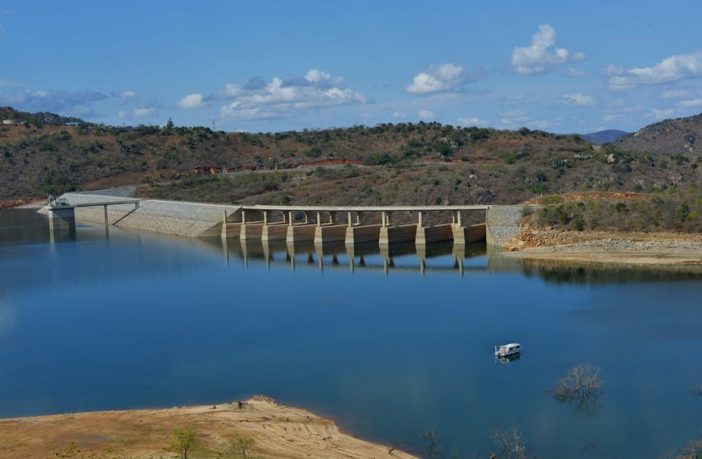- The Eswatini Minister of Natural Resources and Energy, Hon Jabulile Mashwama, made the announcement at the launch of the National Energy Policy.
- The move is a departure from an unsolicited bid program that was managed by the country’s energy utility, the Swaziland Electricity Company.
- The timeline of the process will be shared when the process framework has been developed.
eSwatini, formally known as Swaziland intends to move from an unsolicited to a solicited renewable energy bid program. The announcement was made by Minister of Natural Resources and Energy, Hon Jabulile Mashwama, at the launch of the National Energy Policy held on the 24th July 2018. The Minister stated that Swaziland will be procuring IPP plants through solicited bids and that the timeline of the process will be shared when the process framework has been developed.
The Ministry of Natural Resources and Energy is the leading agency in creating a conducive environment that promotes the efficient and effective utilization, beneficiation and management of natural resources in the country in order to enhance sustainable socio-economic development.
The move marks a departure from an unsolicited bid program that was managed by the country’s energy utility, the Swaziland Electricity Company.
The small, landlocked Kingdom of eSwatini lies in South East Africa and is bordered by Mozambique and South Africa. It has a population of around 1.3 million living in a land area of 17364 km².
The total installed electricity capacity is 69.4MW which is made up of four mini-hydro stations. These stations contribute 14 ‐24% of the total energy consumed in the country. The country imports approximately 80% of its energy needs from Eskom in South Africa but also from EDM in Mozambique, through its membership of the Southern African Power Pool (SAPP).
eSwatini’s total energy consumption is around 280MW per annum. According to the World Bank/Trade Economics, 65.79 % of the population has access to electricity. The announcement from the Minister is in line with Swaziland’s ‘Action Plan’ that is aimed at achieving 50% of energy generation from renewables by the year 2030.
Author: Bryan Groenendaal















